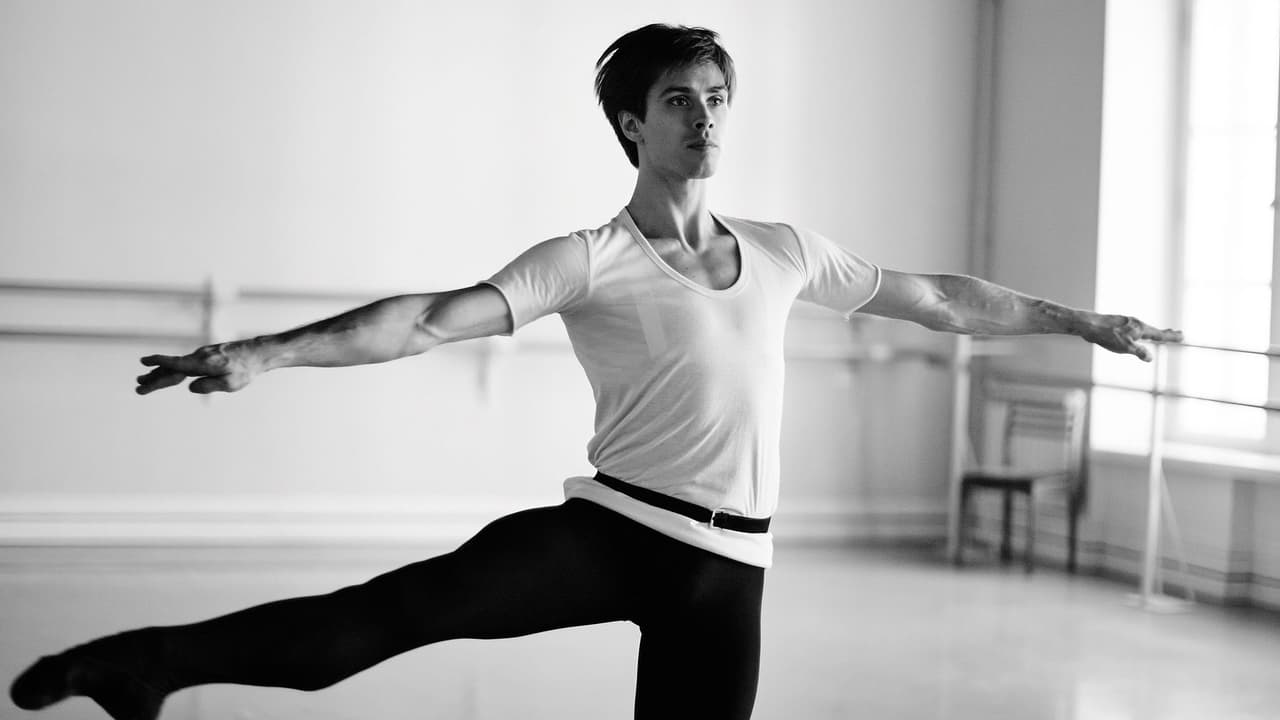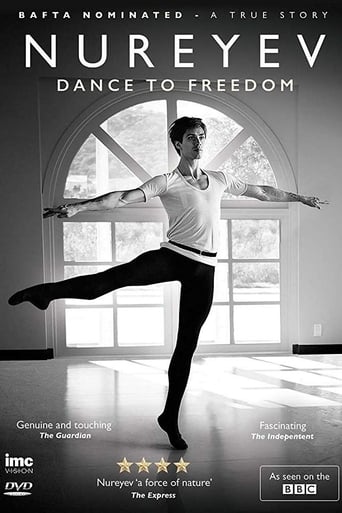StyleSk8r
At first rather annoying in its heavy emphasis on reenactments, this movie ultimately proves fascinating, simply because the complicated, highly dramatic tale it tells still almost defies belief.
l_rawjalaurence
Combining re-enacted drama with testimony from Nureyev's ex- colleagues and friends in the Kirov Ballet, as well as in Paris, Richard Curson Smith tells the story of the virtuoso's defection from the Soviet Union during the company's first European tour.Ever since his earliest days at the Kirov, Nureyev was always a rebel. Convinced of his own abilities as a dancer, he seldom listened to his peers in an organization that was stiflingly hierarchical in structure. He regularly quarreled with the ballet- master, but managed to make something of a name for himself in supporting roles. Originally he was not slated to go to Paris and London on the Kirov's first European tour, but a combination of chicanery and sheer persistence ensured that he eventually went.The Soviet authorities were particularly jumpy about the whole scheme. They had KGB agents shadowing most of the company and reporting on their behavior, especially Nureyev, whose activities included regular socializing with newly-discovered French friends. He made friends with rich spoiled girl Clara Saint; and the two of them led his minders a merry dance round the Parisian clubs and bars.The defection itself is full of questions. As Curson Smith stages it, Nureyev was on his way with his fellow-dancers to the London dates, when he decided to escape his minders in a daring bid for freedom and subsequently claim political asylum. Whether this was a spontaneous act or an elaborately planned scheme remains unclear: the documentary refuses to provide us with a clear-cut answer.In the end Noreyev was offered an engagement in Paris with the Grand Ballet du Marquis de Cuevas, but stayed only a few months, violently disliking their production of "The Sleeping Beauty." He did not return to the Soviet Union until 1987.Curson Smith's production is meticulous in its research - so meticulous, in fact, that the narrative tends to sag in parts. There are almost too many reminiscences, which often repeat themselves. At the end we are left with several unresolved questions: was Nureyev actually politically aware, or did he simply want to escape from the Kirov, having exhausted all his creative potential with that company? And did the KGB actively sanction his defection, based on the belief that it was politically more expedient to eliminate a potentially subversive force from their jurisdiction altogether?

